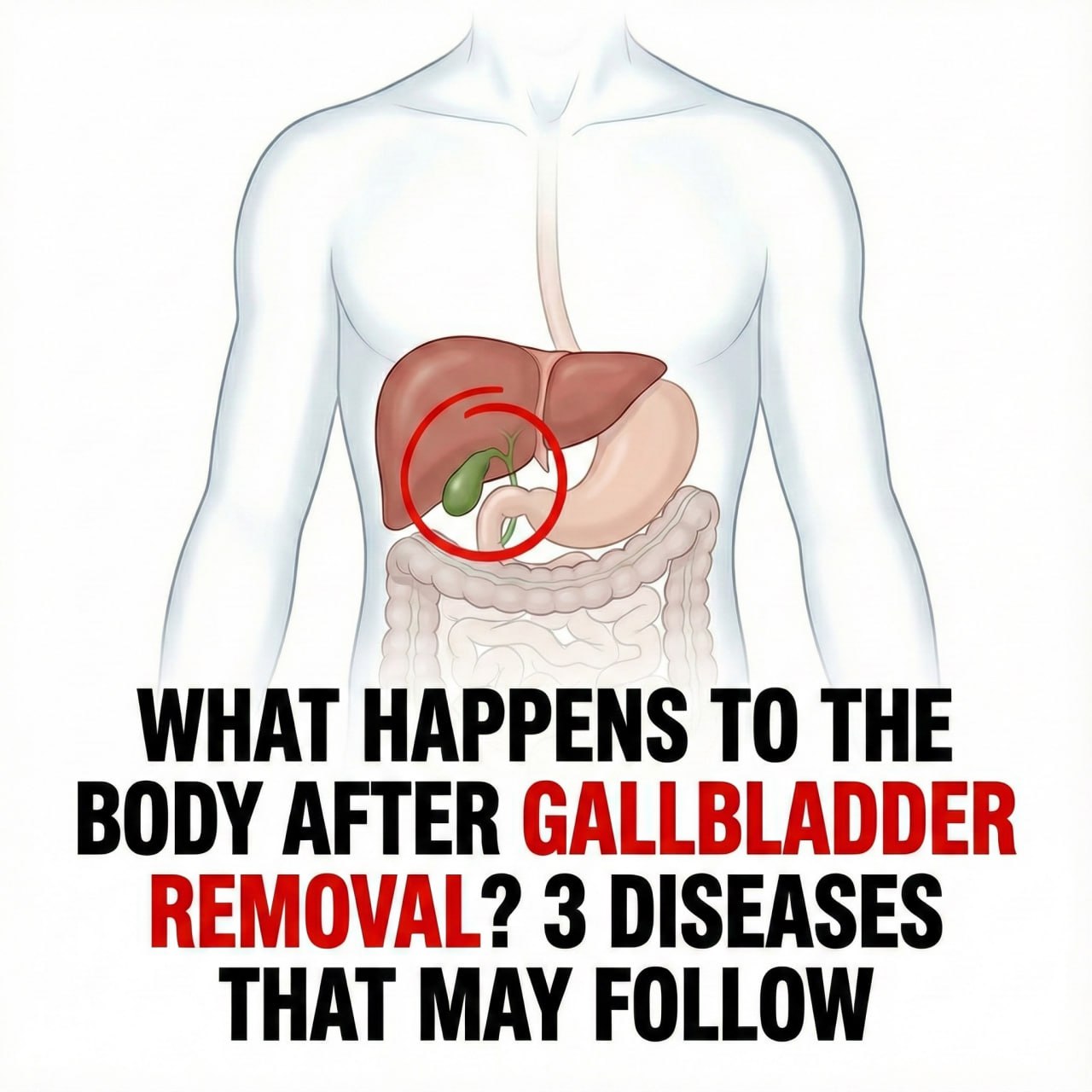What happens to your body after gallbladder is removed
The gallbladder may be small, but it plays a big role in digestion. This pear-shaped organ, located just beneath the liver, stores bile – a digestive fluid that helps break down fats.
When you eat, the gallbladder releases bile into the small intestine to aid digestion.
Before we dive into what you can expect when this mighty little organ is gone from your body, let’s first review some common gallbladder issues.
Common conditions
Your gallbladder plays an important role in digestion, but when something goes wrong, it can lead to pain and serious health issues.
According to the Cleveland Clinic, the following are some common problems:
Signs your gallbladder is troubled
The symptoms of gallbladder problems vary but many people with gallbladder issues experience:
Changes to your body
Without a gallbladder, your liver still produces bile, but instead of being stored, it drips continuously into your digestive tract.
For most people, this change isn’t a big deal. The body adjusts over time, and digestion continues as usual. However, some people experience temporary digestive issues, particularly in the first few weeks after surgery.
One of the most noticeable changes after gallbladder removal is how your body reacts to certain foods. High-fat meals may cause discomfort, especially right after surgery, because the constant flow of bile isn’t as effective at breaking down large amounts of fat at once. Some people also experience bile acid diarrhea, which happens when excess bile irritates the intestines, causing loose stools.
Bloating and gas are also common, as your digestive system adjusts to a new way of processing fats. If you experience discomfort, eating smaller meals and focusing on lean proteins, whole grains, and fiber-rich foods can help ease digestion. Over time, most people find they can return to a normal diet with only minor adjustments.
Diet tips for a smooth recovery
Life without a gallbladder is entirely manageable, but some adjustments occur as your body adapts. Since bile flows directly into the intestines instead of being stored, digestion can be affected.

While there is no strict post-surgery diet, the Mayo Clinic offers some tips to improve digestion and help you through recovery.
Also try limiting foods that tend to worsen diarrhea, including:
Doctors typically recommend starting with a light diet of clear liquids and bland foods before gradually reintroducing solid meals. Staying mindful of portion sizes and making healthier choices can help maintain a balanced weight.
The good news is that most people lead completely normal, healthy lives without a gallbladder. While digestion might feel a little different at first, your body is incredibly adaptable, and within a few months, you’ll likely feel just as good – if not better – than before!
If you have any tips for recovery, please share them in the comments section below!

